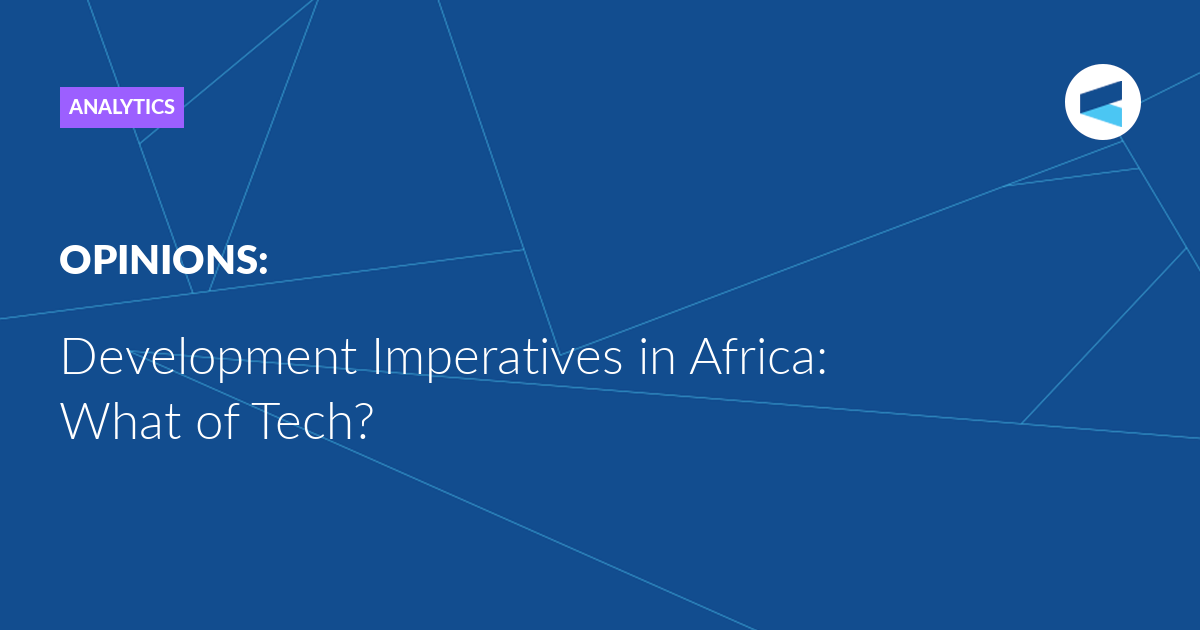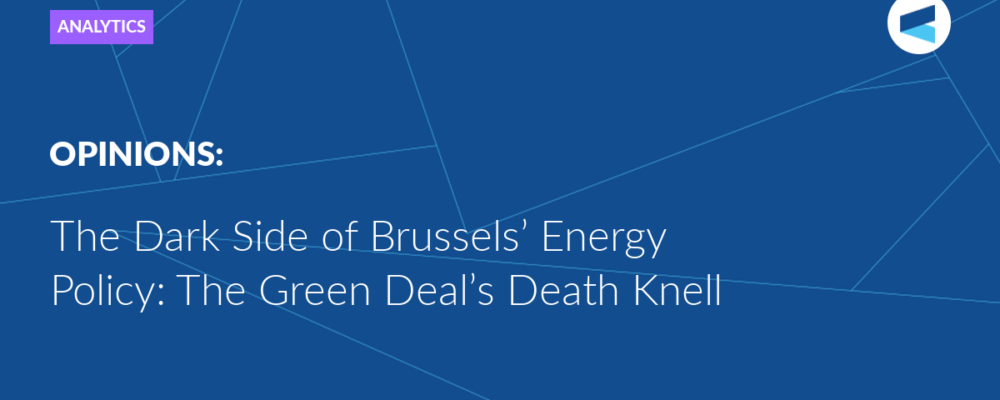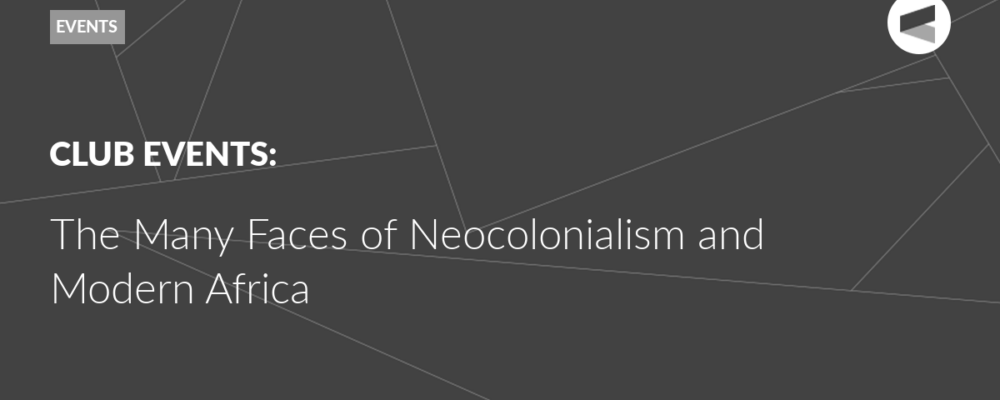There are many, ways to evaluate Africa’s expensiveness in the tech space and determine what drives African development. Conclusions may point to interests in robotics, Artificial Intelligence (AI), and telecommunications. This paper attempts to add to the body of literary commentary on this issue a view of the nature of the African population demographics, the youth dividend, and the impact of geopolitics, geoeconomics, and current multilateralism on their potential and role in Africa’s development.
Introduction
The African population is the youngest in the world, accounting for 70% of the continent’s total population. This is a crucial factor in the continent’s development aspirations. A young population provides a significant workforce, a potential market for all levels of goods, and ample potential for innovation. This fact suggests that there is significant potential for the expansion of the middle class, reflecting a significant potential pool of professionals in all work areas. This fact suggests a significant potential middle class and a significant potential pool of professionals for all work areas. To tap into this potential for Africa’s future growth and to realise its full potential, the African Union (AU) has a set of flagship projects, including digital infrastructure development, the African Continental Free Trade Area (AfCFTA), and transport development, among others. When reflecting on the tech that drives the African economy, we must understand ‘Who’ this economy is.
Young Population, Energy and Potential for Innovation
Given the youthful population of Africa and the global popularity of the internet side of things, digital connectivity for e-commerce, communication, education, and innovation is a key tech for both today and the future. But this is an area in great need of investment in infrastructure, localised manufacturing, Research and Development (R&D), health and education. Africa has to contend with some of the lowest foreign direct investment numbers, a debt crisis currently enjoying significant global debate, and a crisis of illicit financial flows.
Many reasons for the low FDIs in Africa are often repeated. Paradoxically, many of these reasons require an investment that appears resistant to Africa’s call. A case in point is the energy sector. A stable, consistent, and reliable energy supply is required to power industries and support localisation efforts. Africa is endowed with rare earth and many other minerals for current and future technologies. Africa is endowed with rare earth and many other minerals for current and future technologies and the labour pool to drive and support industry.
Debate on policy and financing for climate action is lengthy and seems not close enough to provide affordable and sustainable solutions for Africa’s development in line with Agenda 2063. While many debate who is responsible for how much of the greenhouse emissions are, others argue that Africa and the Global South need their moment for rapid industrialization, as was the case for Western and North American regions. The issue impacts financing for development projects. Africa still has significant untapped gas deposits, especially down a corridor stretching down the west to the south of the continent. Nuclear energy is a popular option for its reliability, but it is costly and comes with risks associated with managing waste materials.
It is not a wonder why many are exploring the potential benefits of green hydrogen for energy and associated technologies. Developing an ecosystem and an economy for such as sector have much anticipated potential states investing in it. South Africa is one such country that is investing in this sector. Stable, reliable, sustainable, and affordable energy is vital for Africa’s development, both as a sector pregnant with innovation potential in tech and as a power source for general industry and households.
Tech and Geopolitics
It is now a well-established reality anchored in the United States (US)’ resolve to regain lost ground in influence and hegemony, tech superiority, and economic performance that the trade war has been raging since the first Trump administration. This Great Power competition (Wang, 2003), gloomily characterized by some in the US national legislature, Massive sanctions against Russia aimed at curtailing its heft in the global energy markets as well as other sectors, including tech, sanctions against China’s tech industry in particular, to prevent it from developing tech superiority in semiconductor processing and development.
With the economic success story of both China and Russia, which the IMF expects to grow faster than developed economies, coupled with ongoing global conflicts, limited funds for investment in Africa and the global South seem even more limited. Fortunately, the world today is hastening the momentum for reforms of the global financial architecture. These efforts aim to unlock financing potential that will not throttle developing economies with unsustainable debt but stimulate an industrial revolution in these regions instead. However, many may struggle to justify an optimistic stance given the difficult daily realities.
The major additional challenge to these realities is the attempted imposition of choice of a side between the great powers. Africa and the global south want to do business with anyone they choose, given that all partners come with varying attributes, each with the potential to help plug a gap somewhere. However, it is a challenge that Africa and the Global South need FDIs, investments in local R&D, and investments in infrastructure, which could face hindrances imposed by great power competition.
Financing Start-ups in Africa
There is light, nonetheless, in this, what some describe as a polycrisis. African tech start-ups in their various and fast-growing tech hubs around the continent, described as ‘silicon valleys,’ are managing to raise a few billion dollars in investments. However, this tends to reflect the position of a few African states compared to others. These positive reports refer to developments in Nigeria, Egypt, Kenya, and South Africa, among a few areas.
While 2023 has seen a dip in investment numbers, 2021 and 2022 have seen a massive rise of significant gains in the tech space from financing that has grown exponentially; gender barriers are being overcome, and these youth-propelled gains gain attention. The dip in 2023 refers to a drop to $2.4 Billion in investment in the tech ecosystem compared to the $3 Billion the previous year. There is a buzz in the African tech sector, and young people are pushing it despite the challenging meta spaces.
Africa spends less than half a percent of its GDP on R&D compared to an average of just under 2% by the collective rest. But a question can be asked: with what resources will a heavily indebted, heavily bleeding through illicit financial flows, comparatively meager FDIs, and with steep social challenges and priorities to overcome? It is precisely why the world is hard at work to find solutions for financing and other multilateral interventions and reforms of the global governance system to create a global ecosystem that can support and nurture young innovators to do just that: innovate.
Conclusion
Africa has the youngest population in the world. This is a population estimated to reach 2.5 billion by 2050. It is an increasingly educated, skilled, tech-savvy, highly innovative, and comprising a fast-growing middle class. On paper, Africa has everything going for it: an abundant workforce, vast mineral endowments, and vast arable land, among other major attributes. Yet despite this, the continent continues to attain comparatively much lower FDIs. Consistently, calls from Africa have been made for African solutions not only for African problems but for contributions to the advancement of humanity. Young Africans continue to provide a silver lining and continue to demonstrate that despite the poly-crisis, the future holds immense potential.
References
Erb, K.-H., Gingrich, S., Krausmann, F. and Haberl, H. (2008), Industrialization, Fossil Fuels, and the Transformation of Land Use. Journal of Industrial Ecology, 12: 686-703.
Wang, Z. The dynamics and art of great power competition. China Int Strategy Rev. 5, 313–316 (2023)
https://www.dbsa.org/article/how-technology-can-unlock-africas-economic-growth-potential
https://www.un.org/africarenewal/magazine/may-july-2017/africa’s-digital-rise-hooked-innovation
The Valdai Discussion Club was established in 2004. It is named after Lake Valdai, which is located close to Veliky Novgorod, where the Club’s first meeting took place.
Please visit the firm link to site






